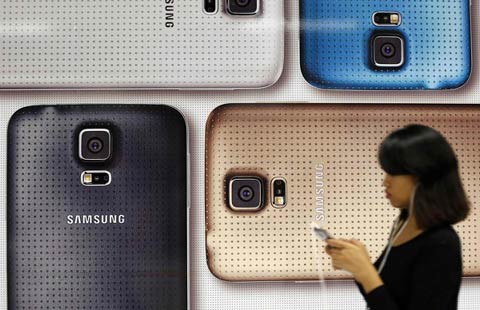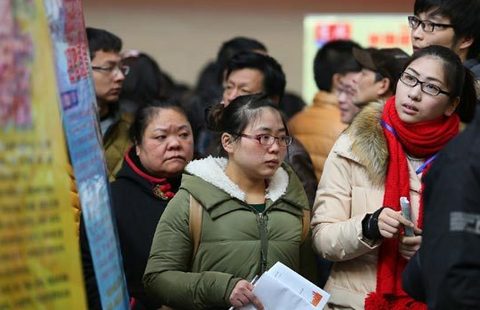Record fine to have little impact on Qualcomm
By Gao Yuan and Lan Lan (China Daily) Updated: 2015-02-11 09:59Qualcomm said in a statement that the rectification plan only applies to devices that are sold in China and not to Chinese vendors in other markets. Therefore it will not directly improve the competitiveness of Chinese vendors in overseas markets, said Peng from Canalys.
In addition, the NDRC resolution did not revoke Qualcomm's right of counter-licensing, meaning the US company can still use the smartphone vendors' patents for free. Counter-licensing prevents smartphone makers from charging patent fees to other Qualcomm partners if they use the patent.
Aberle, the Qualcomm president, said in an interview with Chinese media that if Qualcomm seeks a counter-licensing deal from a Chinese vendor, it will negotiate with the licensee in good faith and provide fair consideration for such rights.
Milly Xiang, a researcher from International Data Corp, said calling off counter-licensing may benefit Huawei, ZTE and Lenovo because they have invested in innovation.
But for smaller companies without strong patents, it will be a disastrous situation. "Traditionally, the small players used those counter-license patents after buying Qualcomm's chips. Now, they may face legal risks," Xiang said.
Qualcomm is trying to diversify its business in China by introducing technologies used in the Internet of Things and new energy car sectors.
"The emerging segments such as wearable devices and automobile, are all going to need chips, it's the next billion-dollar market we are talking about," said Wang from Forrester Research.
- China's 2014 tourism revenue hits 3.38 trillion
- Ageing China draws investors to its "hot as Internet" healthcare sector
- Tesla CEO threatens firings after dismal China sales
- Auto sales climb 10% in January on demand for SUVs and minivans
- Gains on cards for high-end property sector in Shanghai
- Restaurants' growth accelerates as mass-market outlets thrive
- Study sees consumer confidence faltering
- 10 destinations favored by Chinese property investors

















